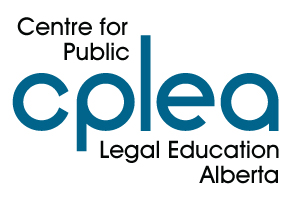Catholic Social Services is a multi-function social service agency that serves people of all faiths and cultures throughout central Alberta. Founded in 1961, the agency has grown to deliver more than 100 programs.CSS is divided into Service and Program areas offered in five distinct Regions throughout central and northeast Alberta. Major Service areas include: Children, Family, and Community Service,Community Outreach and Disability Service, Immigration and Settlement Service, and Substance Abuse and Corrections Service.
Resources about legal topics related to substance use and abuse
Alberta Resources
In a previous blog post, the authors summarized the new federal, provincial, and municipal laws pertaining to cannabis. One of the key policy issues for all three levels of government is the impact that legalization will have on young people. This blog post discusses the policy issues which affect canada's youth.
The Edmonton Community Drug Strategy (ECDS) is a call to action for governments, community leaders, agencies and organizations to develop an Edmonton strategy targeting young people up to 24-years of age, with an emphasis on preventing and reducing the harmful impacts of alcohol and illicit drug misuse.
The Edmonton Drug Treatment and Community Restoration Court, or “EDTCRC” is intended to reduce drug-related crime through innovative approaches to dealing with offenders. The principles behind this program include recognized drug treatment court concepts, the concept of problem-solving courts, and restorative justice.
Legislation Commented On: Cannabis Act, SC 2018, c 16; Cannabis Regulations, SOR/2018-144; Gaming, Liquor and Cannabis Act, RSA 2000, c G-1; Gaming, Liquor and Cannabis Regulation, Alta Reg 143/996
ABlawg: The University of Calgary Faculty of Law Blog includes commentary by faculty members, sessional instructors, research associates at our affiliated institutes, and students on court and tribunal decisions as well as legislative and policy developments in Alberta and beyond.
Traffic Court is part of the Alberta Court of Justice. It deals with offences pursuant to many provincial statutes and regulations, municipal bylaws and a few specified federal statutes. In spite of its name, Traffic Court is not limited to only hearing traffic related offences. Traffic Court does not deal with most offences created by federal statutes such as the Criminal Code and the Controlled Drugs and Substances Act.
Young persons aged 12-17 years of age who are charged with a Provincial offence are dealt with in the Youth Division of the Alberta Court of Justice. In some court locations there is a distinct Youth Traffic Court.
Trials in Traffic Court, whether involving an adult or a young person, are usually heard by a Justice of the Peace. However in some locations trials are heard by a Justice of the Alberta Court of Justice.
These "How old do I have to be?" FAQs are provided by the Canadian Legal FAQs, a website of the Centre for Public Legal Education Alberta. They provide answers for youth about age-related issues under various topics: family, criminal, medical and health related, legal and financial, activities (such as driving), school and work.
Canada/Federal
Learn more about how to access cannabis for medical purposes.









Follow CPLEA